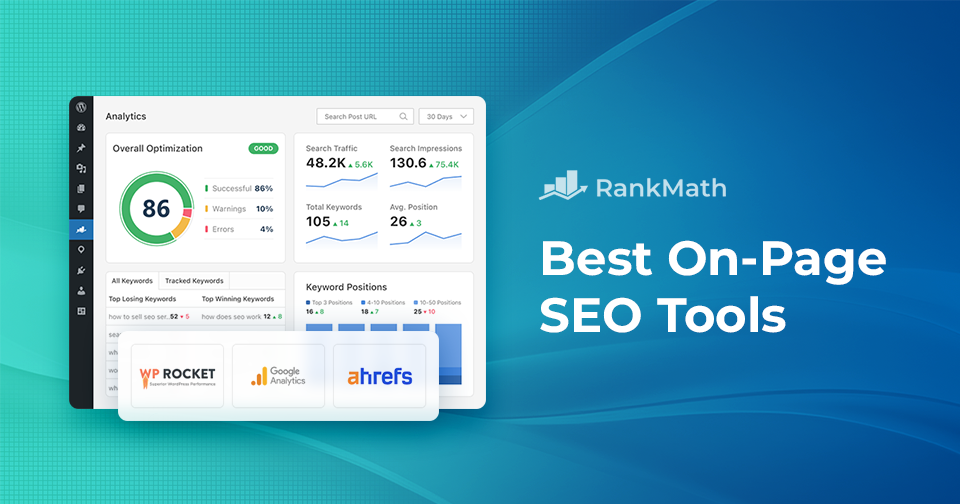When it comes to improving your website’s visibility on search engines, on-page SEO is one of the most important steps you can take.
From optimizing your content and meta tags to improving internal linking and keyword placement, there’s a lot to manage, and that’s where the right tools can make your job easier.
If you’ve ever struggled with what to fix or how to improve a page, you’re not alone. I’ve been there too. The good news? You don’t have to do it all by yourself.
In this post, we’ll walk you through 8 simple and effective on-page SEO tools that you can use to improve your pages step by step.
So, let’s dive in and improve your on-page SEO strategy!
Table Of Contents
1 What Are On-Page SEO Tools?
On-page SEO tools help you improve the parts of your website that you can control, like your content, headings, meta descriptions, URLs, and internal links.
When you use an on-page SEO tool, you’re basically getting a checklist or set of suggestions to help you fix or improve different elements on your page. For instance, the tool might point out that your title is too long, your keyword isn’t used enough, or your images are missing alt text. This kind of feedback can save you time and help you catch issues you might have missed on your own.
If you’ve ever been unsure about what’s holding a page back from ranking better, an on-page SEO tool can give you clear guidance. It’s like having a second set of eyes to help you improve your content step by step.
2 The Best On-Page SEO Tools for WordPress
Let us now discuss the various on-page SEO tools for your WordPress website.
2.1 Rank Math SEO
If you’re looking for one of the best on-page SEO plugins for WordPress, Rank Math SEO is a great option to consider, and the best part is, it’s free to start with.
Rank Math helps you improve your content by analyzing on-page elements like headings, meta tags, keyword usage, and even readability. It shows you where your content might need adjustments and gives clear suggestions to improve it.
One helpful feature is the Fix with AI button, which lets you automatically correct any failed SEO checks right from the meta box. It saves time and ensures you don’t overlook important details.
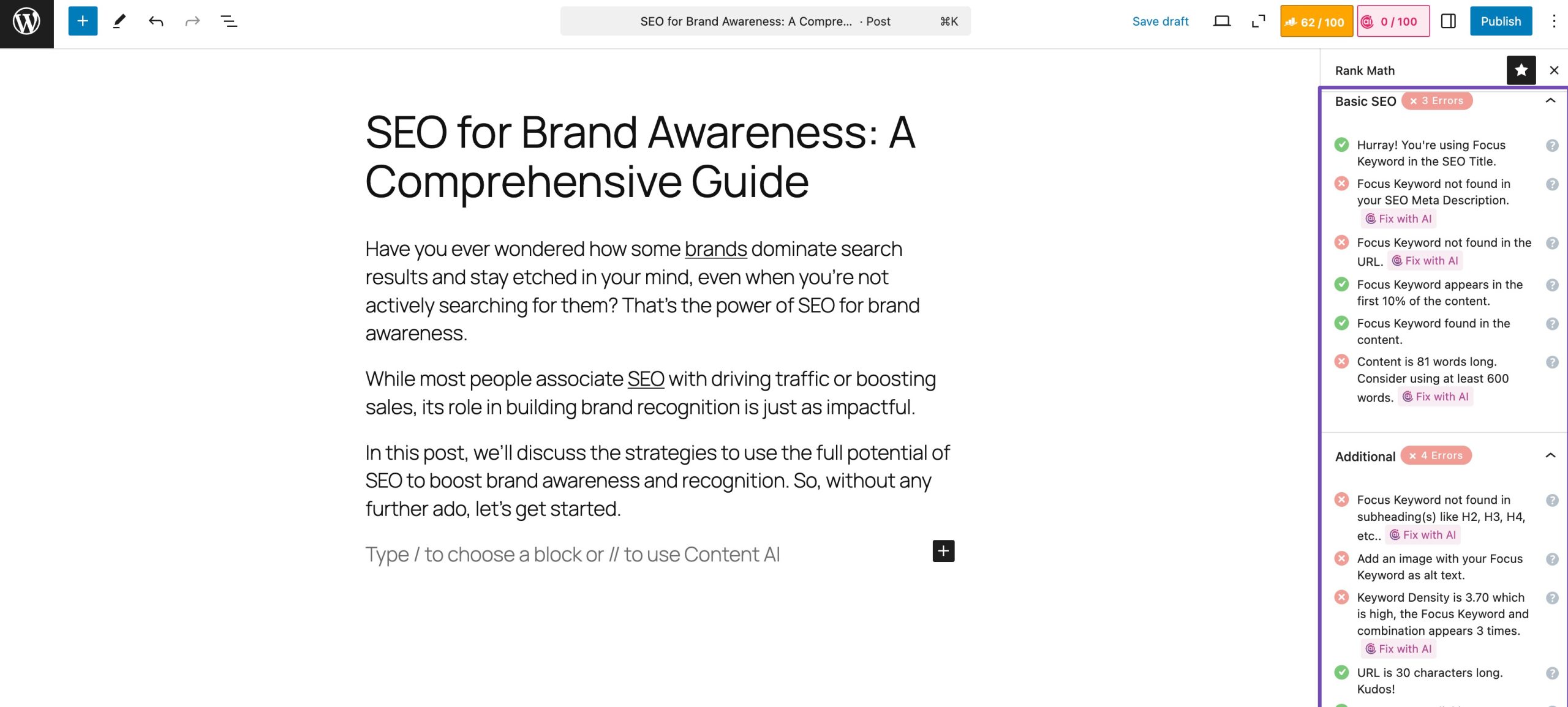
The plugin also evaluates how easy your content is to read by looking at things like sentence length and paragraph structure. It gives suggestions to help you make your content easier to follow, which can keep visitors on your site longer.
Rank Math also includes 18+ built-in Schema types, making it simple to add structured data to your posts without needing extra plugins.
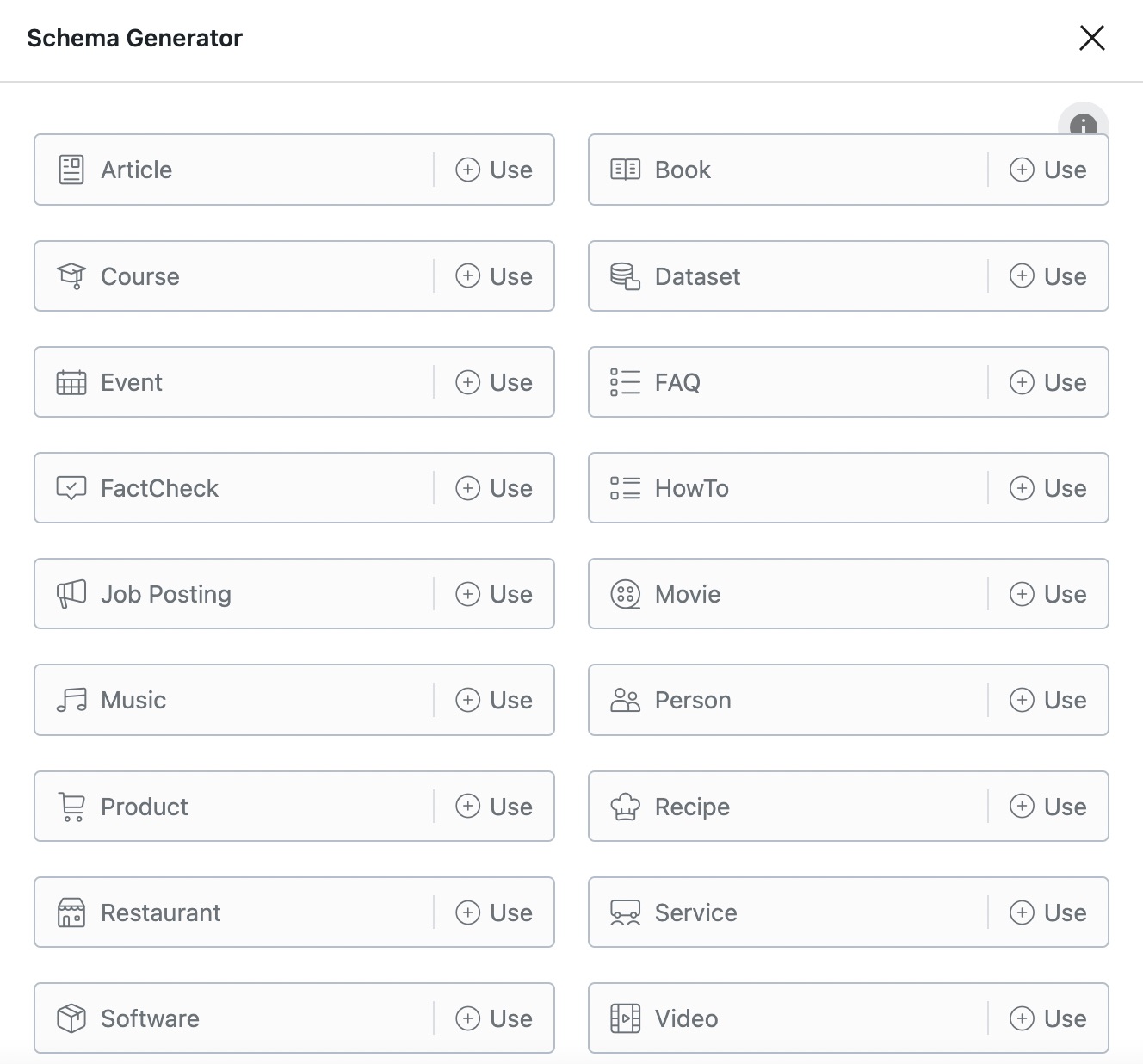
If you want to go a step further, Rank Math’s Content AI can help you write better content by suggesting keywords, headings, and questions your audience might be searching for.
While Rank Math has a generous free version, it also offers premium plans. The PRO plan costs
$95.88 for the first year for unlimited personal sites. If you’re handling client websites, the Business plan is $299.88 for the first year and supports up to 100 sites. For agencies, there’s an Agency plan, designed for larger teams managing more than 100 sites.
2.2 WP Rocket
If your website feels slow to load, WP Rocket is one of the best tools you can use to speed things up. In fact, according to our survey, 56% of users rely on it for performance improvements, and it’s easy to see why.
WP Rocket helps your site load faster by creating cached versions of your pages. This means your server doesn’t have to rebuild the same content every time someone visits, saving time and resources.
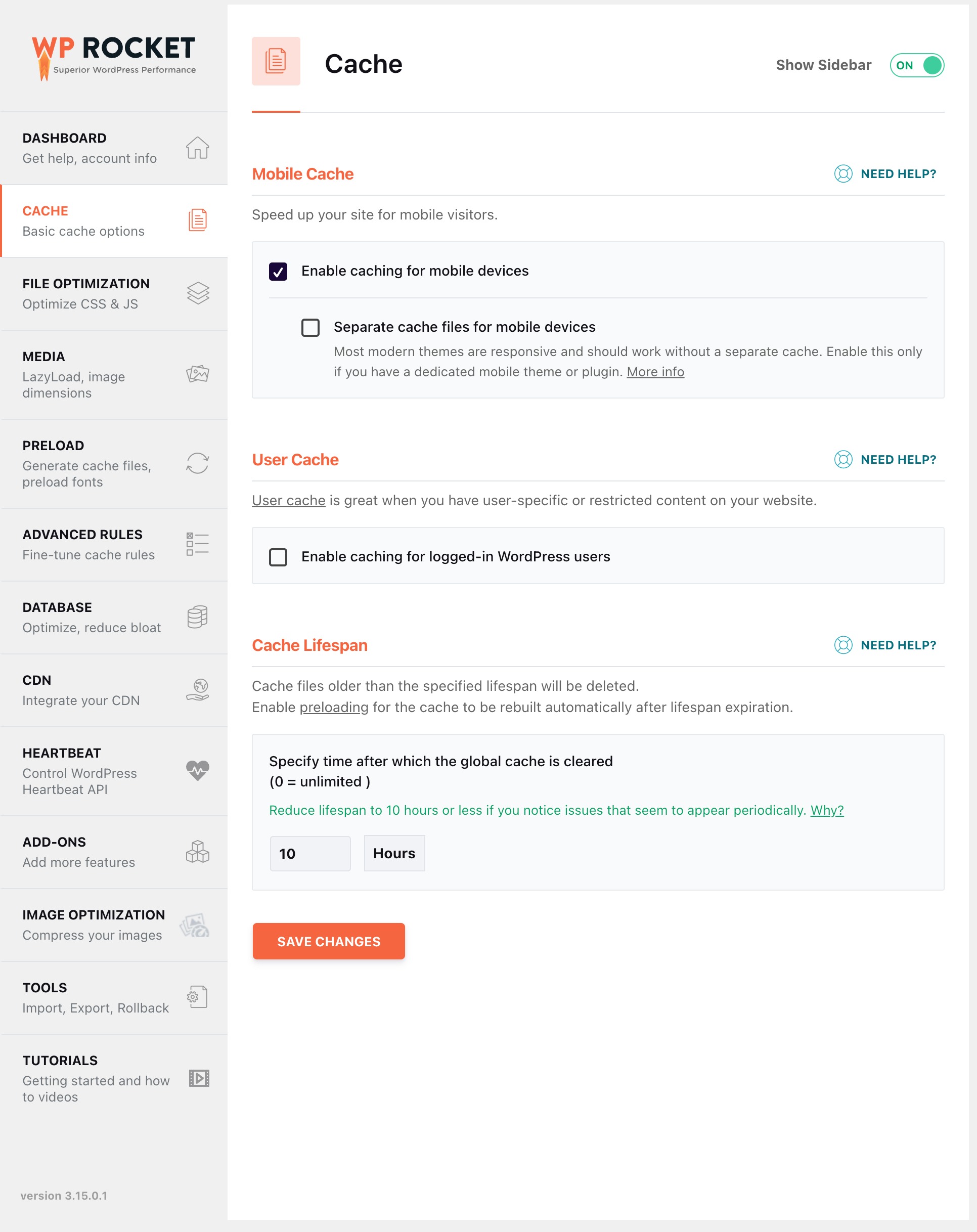
It also reduces the size of your CSS, JavaScript, and HTML files by removing extra characters and spaces, which helps your pages load more efficiently.
Another helpful feature is lazy loading for images, videos, and iframes; these elements only load when a user scrolls to them, which cuts down on the time it takes for your pages to appear.
If you’re considering it, WP Rocket offers three plans:
- Single – $59/year for one website
- Plus – $119/year for up to three websites
- Infinite – $299/year for unlimited websites
All plans include core features, one year of updates, and support. Whether you’re running one site or managing many, there’s a plan that fits your needs.
Rank Math and WP Rocket together are available for $10.99 per month as part of the essential toolkit bundle.
2.3 Ahrefs
Ahrefs is widely known for its powerful SEO features, and it’s just as useful when it comes to on-page optimization.
One of the standout features is its keyword research tool, which helps you find high-volume, low-competition keywords. This makes it easier to plan and optimize your content in a way that gives you a better shot at ranking well on search engines.
Ahrefs also includes detailed content analysis tools that review elements like headings, meta tags, and keyword usage. These insights help you fine-tune your content and ensure it aligns with SEO best practices.
Another helpful feature is the Site Audit tool, which checks for technical issues that can affect on-page performance, such as broken links, duplicate content, and crawl errors. Catching these problems early can make a big difference in how search engines view your site.
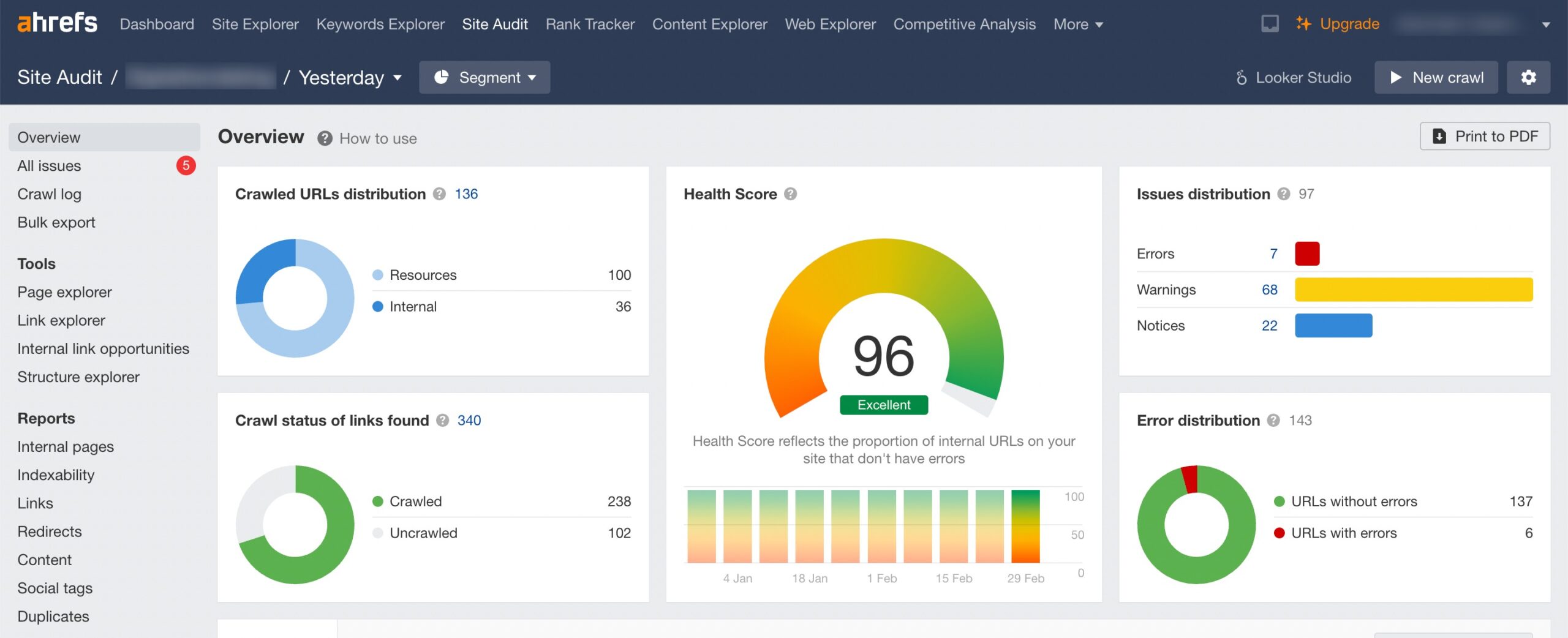
If you’re using WordPress, Ahrefs also offers a free plugin that brings some of its SEO insights right into your dashboard.
As for pricing, Ahrefs offers several plans, starting at $129 per month. While it’s not the cheapest tool out there, its depth and accuracy make it a strong choice if you’re serious about SEO.
2.4 Google Search Console
If you want to know how Google sees your website, Google Search Console is one of the best tools you can use. I rely on it to understand how my pages are performing in search results, and you can do the same.
With Search Console, you get detailed reports showing things like how many times your pages appear in search results (impressions), how often people click on them, and your click-through rate (CTR). This helps you figure out which pages are working and which ones might need some attention.
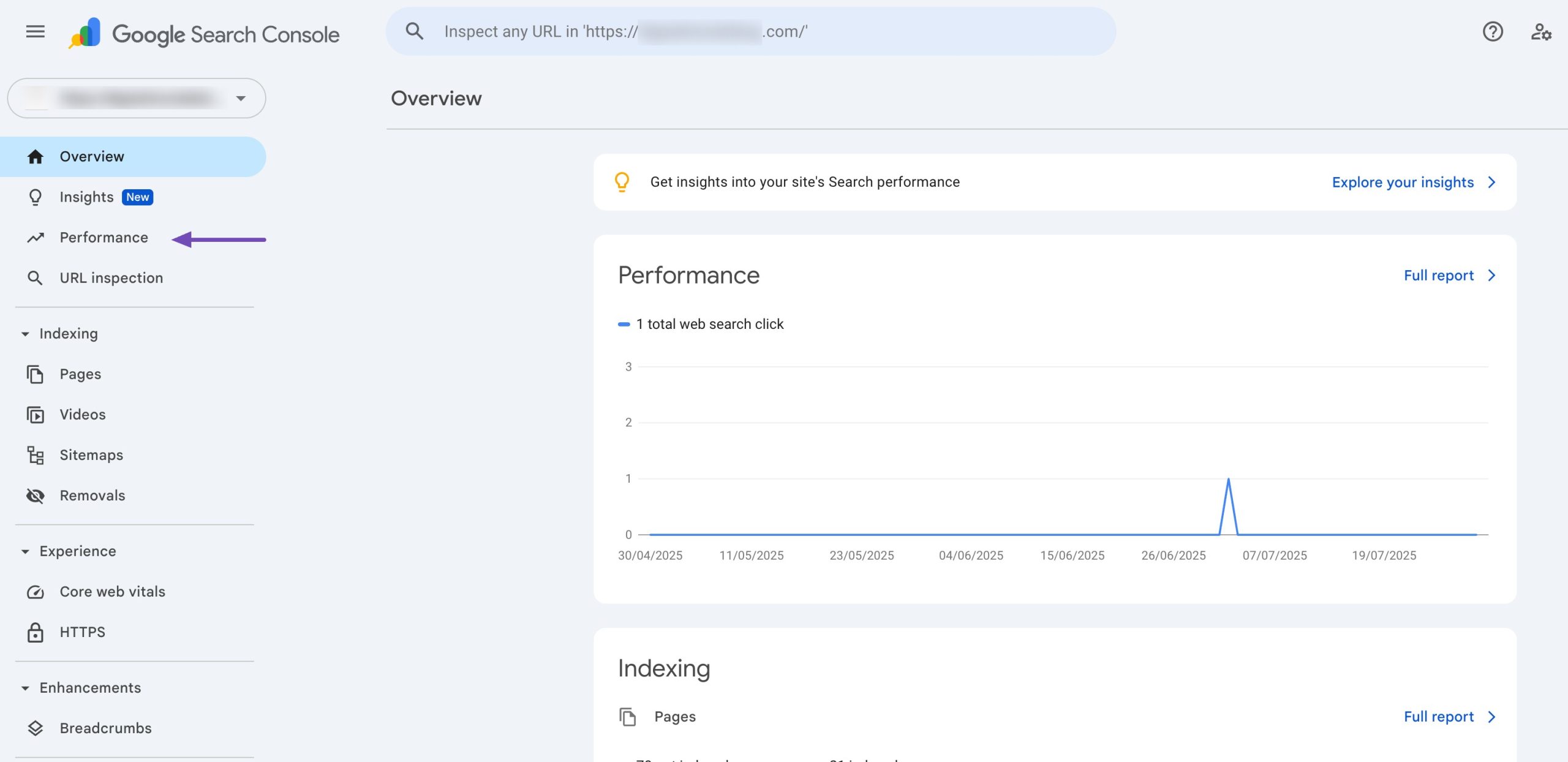
You can also use the URL Inspection Tool to see exactly how Google crawls and indexes each page. If there’s a problem, like a page not being indexed or a crawl error, you’ll know, and you can fix it right away. It’s a great way to stay in control of your content’s visibility on Google.
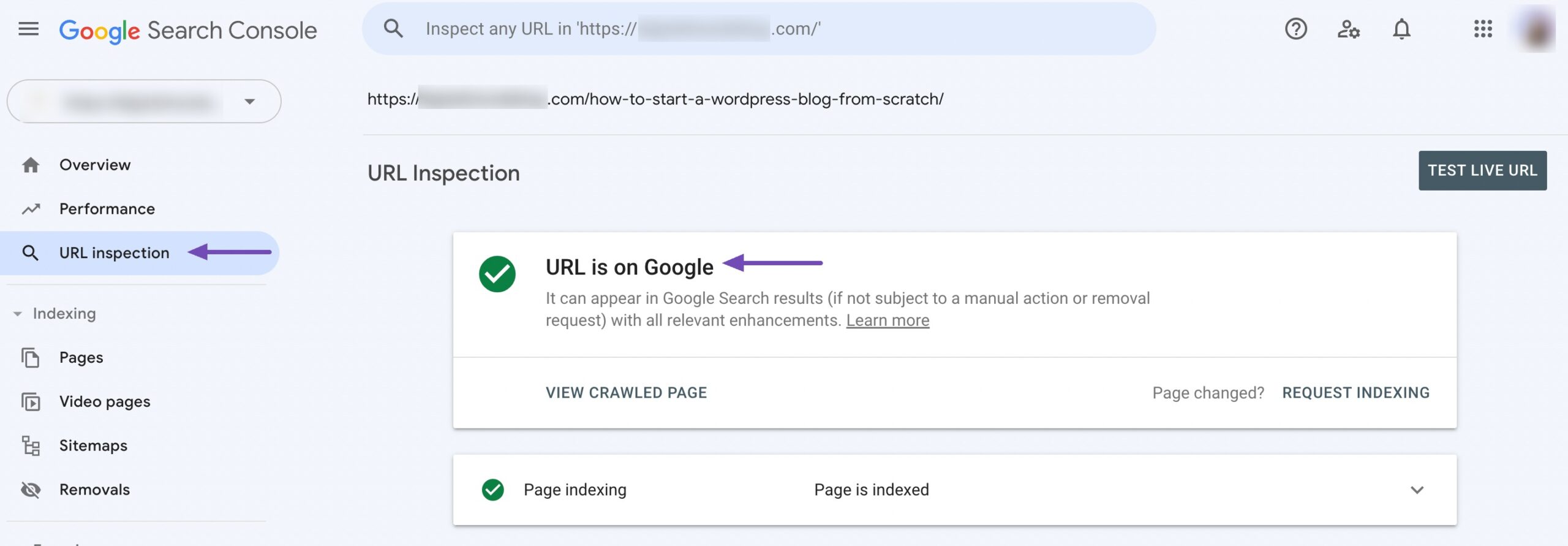
Moreover, the tool is freely available and helps to improve your site from the ground up.
2.5 Google Analytics
To really understand how people are interacting with your site, Google Analytics is a must-have.
With Analytics, you can track key data like pageviews, sessions, bounce rate (how quickly people leave your site), and average session duration. This gives you a clear picture of how well your content is engaging visitors.
You’ll also see where your traffic is coming from, whether it’s organic search, direct visits, or other websites linking to you. This helps you understand how your SEO efforts are paying off.
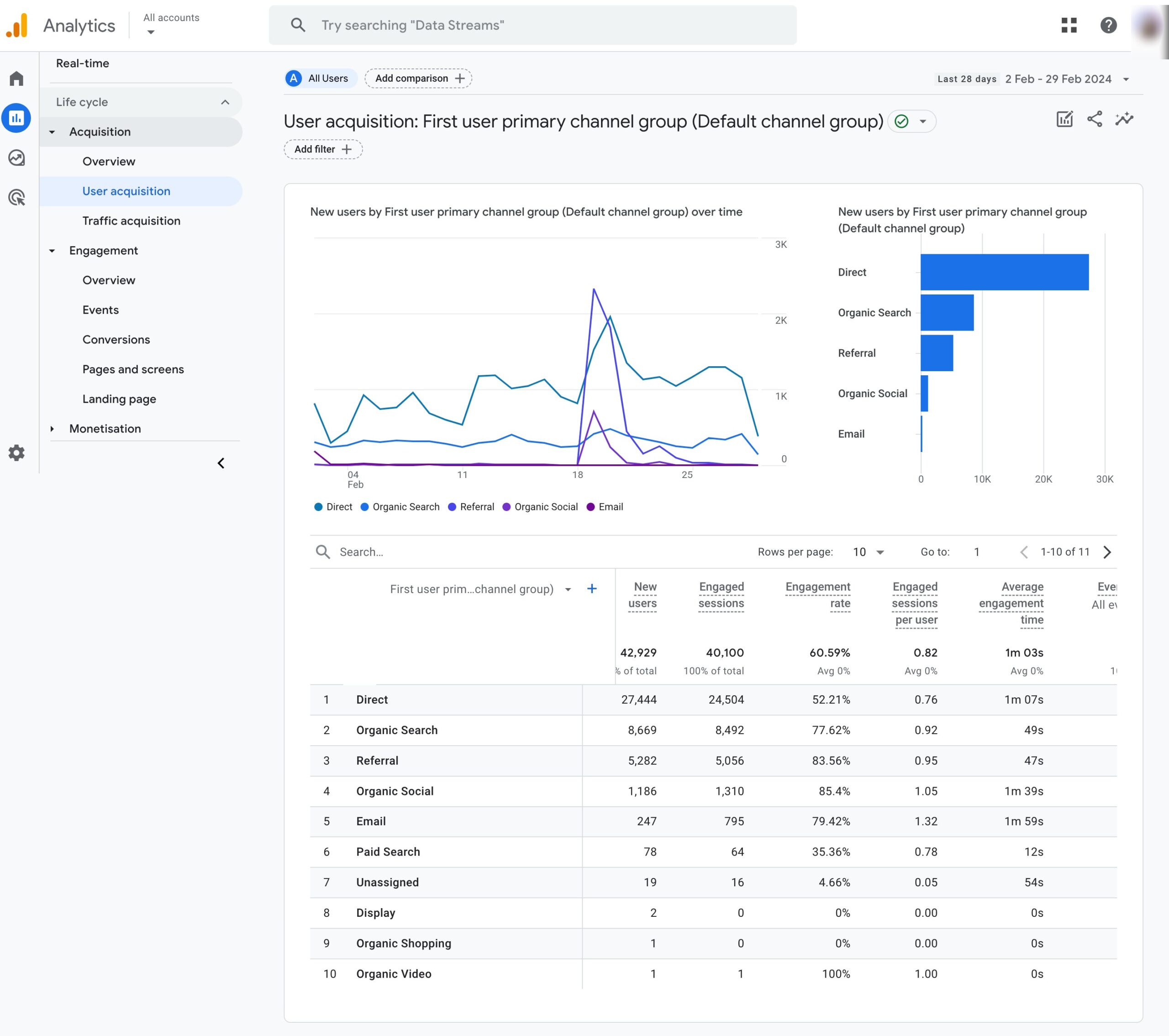
For example, if you notice that a blog post is getting a lot of organic traffic, you can dig deeper to see which keywords are bringing people in, and then optimize that content further to keep improving.
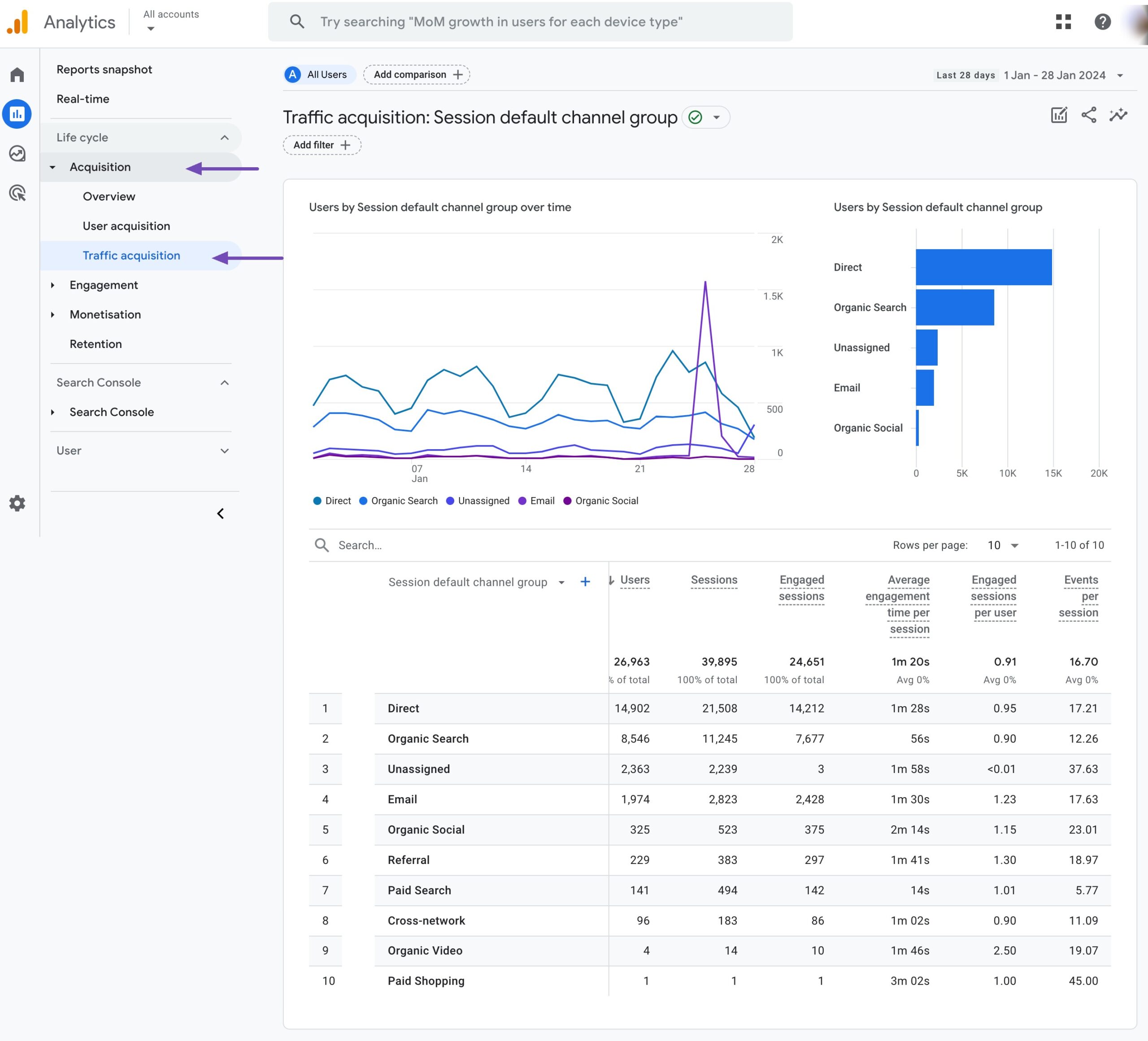
Google Analytics isn’t just about numbers; it’s about making informed decisions to improve how your site works for your visitors and search engines alike.
2.6 Imagify
If your website uses a lot of images, Imagify can make a big difference in how fast your pages load, and that’s great for both visitors and search engines.
You can choose how much compression you want, depending on your needs, and it helps reduce file sizes so your site loads faster.
Faster-loading pages improve the user experience, and they can also lower your bounce rate, both of which are good for your on-page SEO.
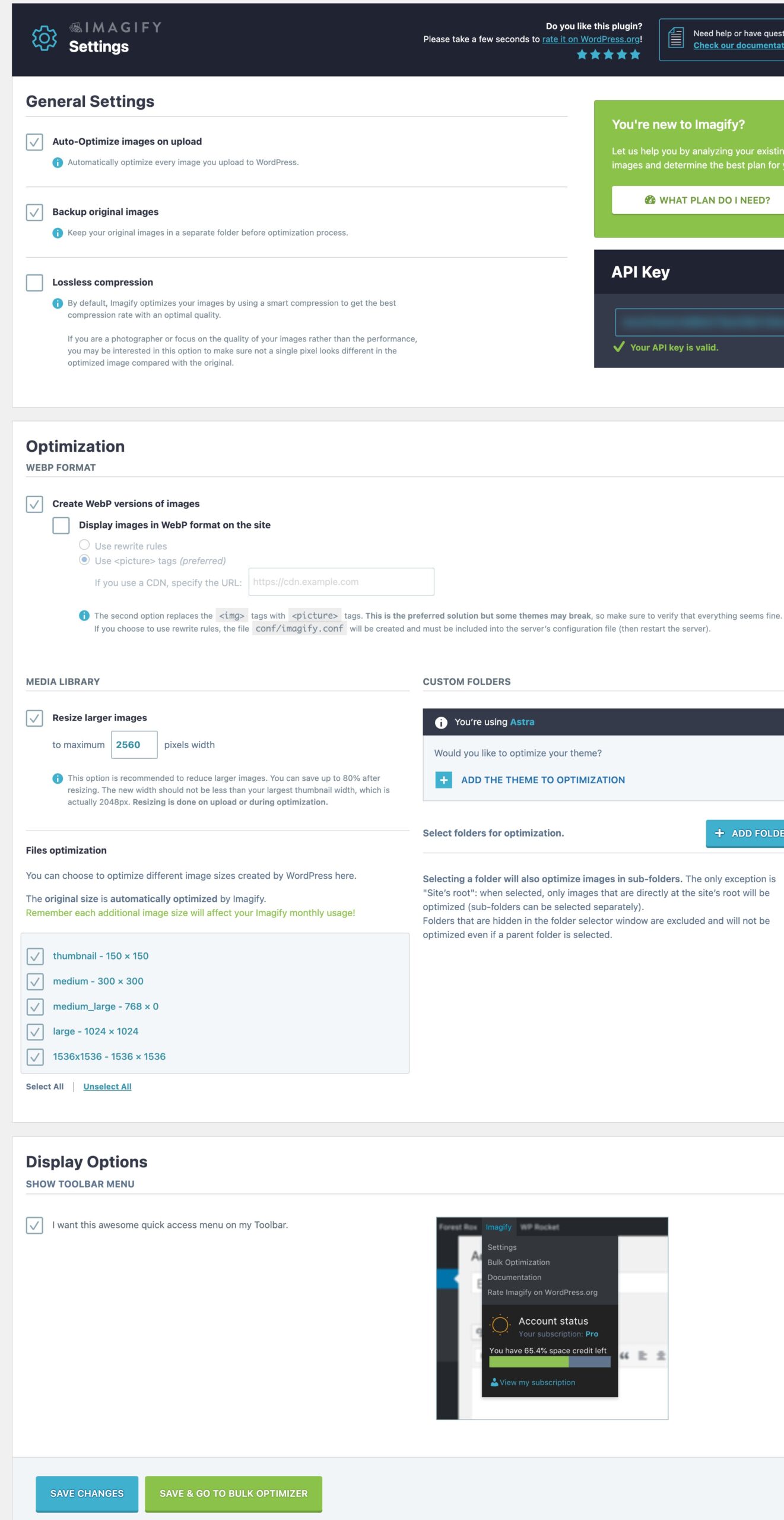
Imagify offers a freemium plan, which gives you 20MB of image optimization per month for free. If you need more, there are paid plans available depending on your usage.
It’s a simple tool, but it saves a lot of time and makes sure your images aren’t slowing your site down.
2.7 Semrush
If you’re serious about improving your on-page SEO, Semrush is another tool worth checking out, especially if you like having everything in one place.
It gives you clear suggestions on what to fix, so you’re not left guessing. You’ll know if your keywords are overused, if your titles need adjusting, or if something’s missing.
It also has powerful keyword research tools that help you find new opportunities and track how your keywords are ranking over time. This is great if you want to stay on top of what’s working and what’s not.
Another feature I find useful is the competitive analysis. You can compare your site to others in your niche, see where you stand, and figure out where you can improve.
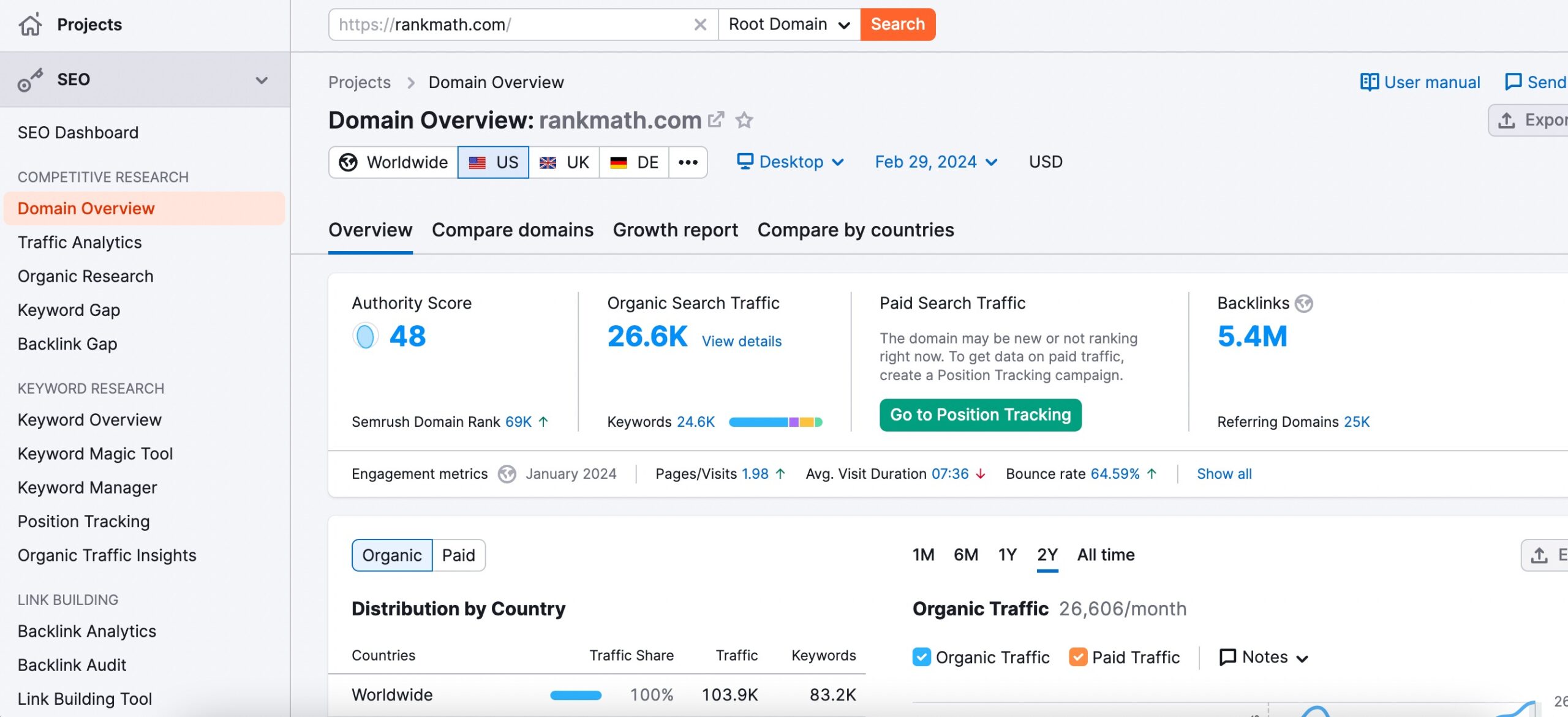
Semrush isn’t cheap, pricing starts at $117.33 per month, but if you’re running a site that relies heavily on SEO, it can be a good investment.
2.8 Screaming Frog SEO Spider
If you want to quickly spot technical issues on your website, the Screaming Frog SEO Spider is a tool you should definitely try.
You can also use it to get a clear view of your site’s structure, including internal links and page hierarchy. This makes it easier to find gaps in your on-page SEO and fix them before they hurt your rankings.
One thing I appreciate about Screaming Frog is how straightforward it is. You just enter your website’s URL, and it crawls everything like a search engine would, then gives you a detailed report you can actually use.
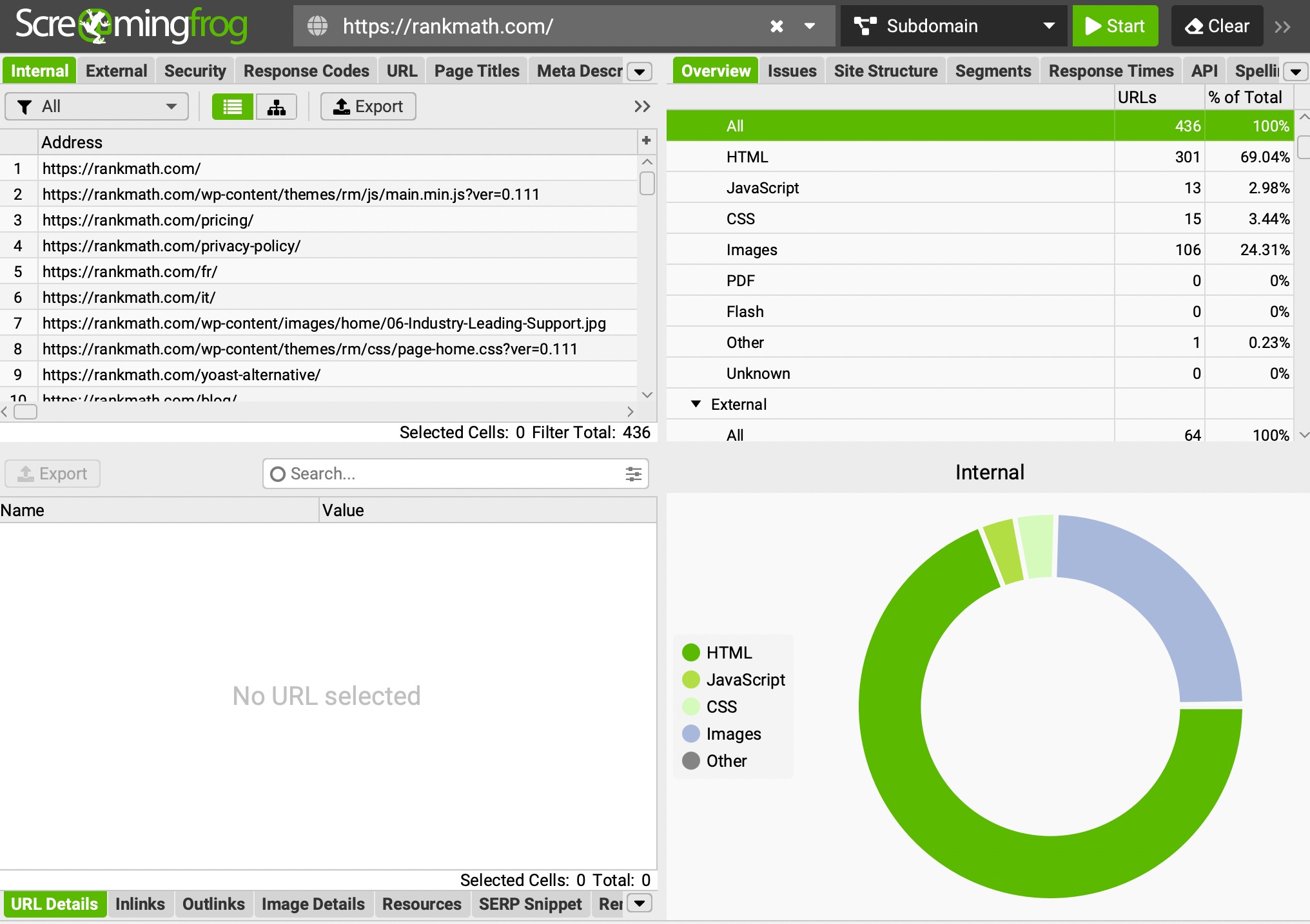
The basic version is free, and for many websites, that’s more than enough. If you want advanced features like crawling larger sites or integrating with tools like Google Analytics, there’s a paid version too.
Whether you’re managing your own site or helping clients, it’s a handy tool to have in your SEO toolkit.
3 Conclusion
Choosing the right on-page SEO tools can make a huge difference in how easily you manage and improve your website.
You don’t have to use all of the tools listed at once; just start with the ones that match your goals and grow from there.
At the end of the day, on-page SEO is about making your content more helpful for users and easier for search engines to understand. With the right tools, you can do both more efficiently and with a lot less guesswork.
If you like this post, let us know by tweeting @rankmathseo.
